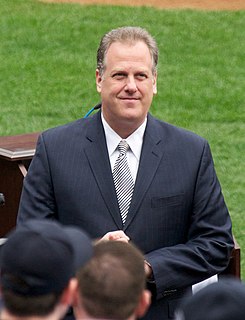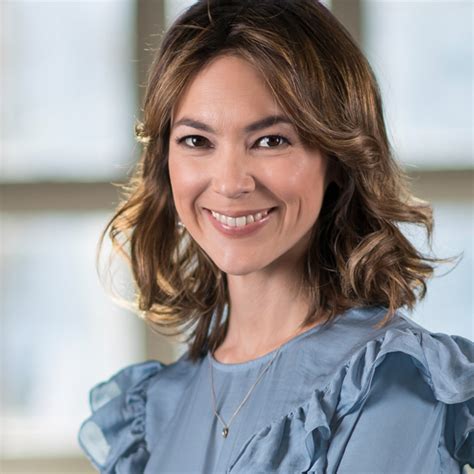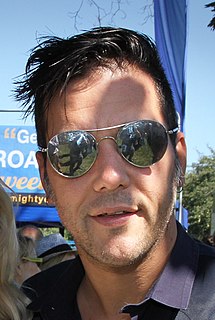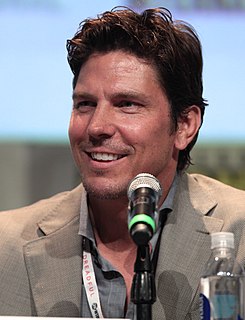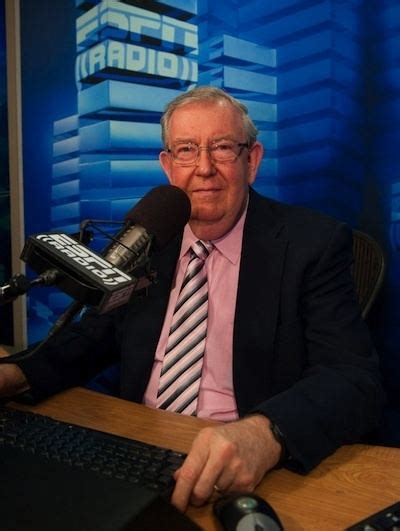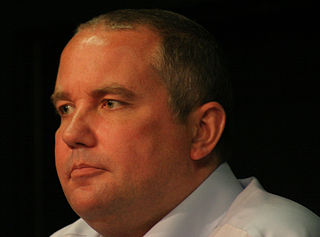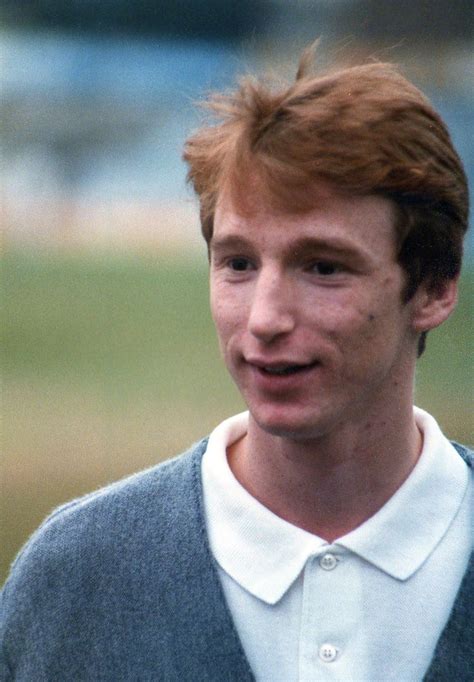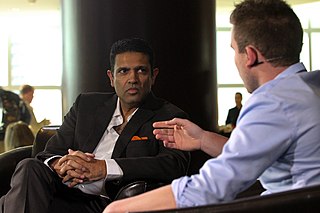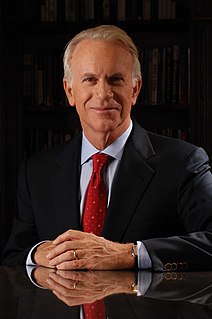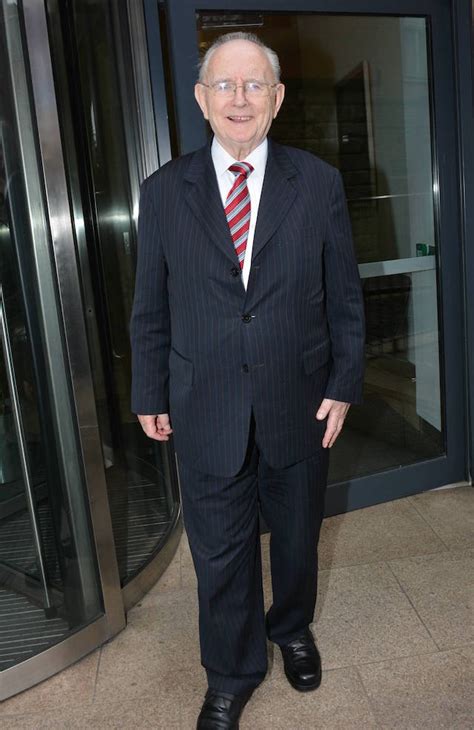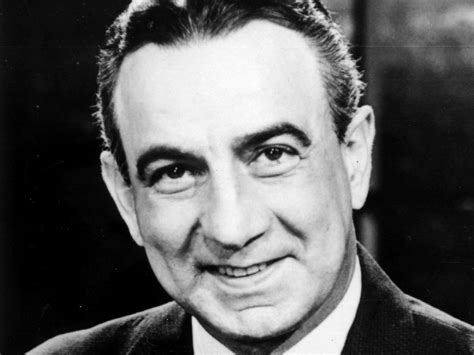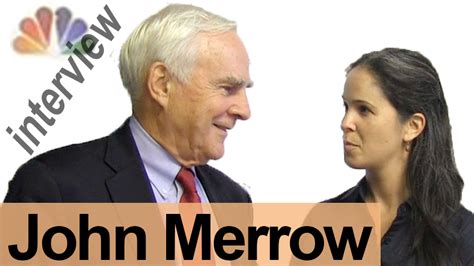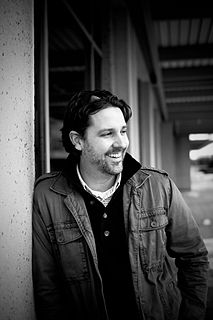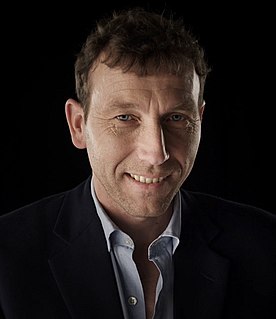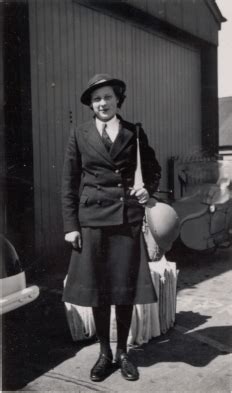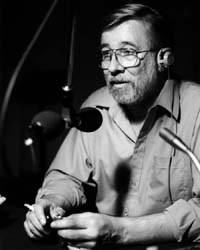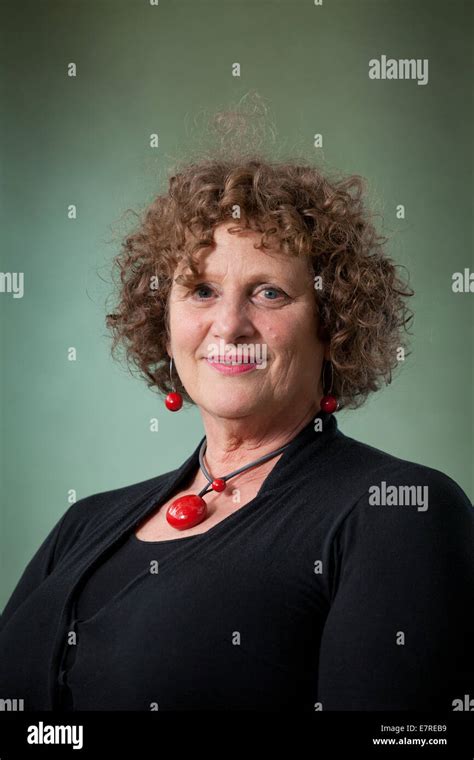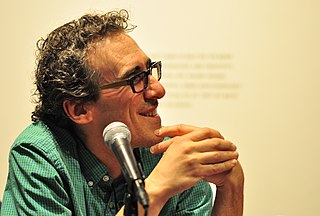A Quote by Michael Kay
Curiosity and listening [are the principles to an excellent interview]. I never go into an interview with a dedicated list of questions in which I will not deviate. You must be curious about the subject and listen to his answer and ask the next question off that rather than the next question on your list.
Related Quotes
What was the question? ...Oh. Where do I get my crazy ideas? Answer: sleep-fairy, walk-fairy, shower-fairy. Book-fairy. And in these last few years, from my wife. Now when I have questions I ask her and she tells me the answer. If you haven't already, I'd suggest you want to find your soulmate, as soon as you can. Next question?
Between me and my wife, there's this joke where I'll be doing some fun interview, and I'll get off the phone and be like, "That guy was an idiot." A lot of times, interviews are like being asked a list of questions. Invariably, there will be this part where they think you're a writer for Letterman: "Just off the top of your head, tell me the 10 most influential bands on you." And you're actually asked to come up with a spontaneous list. It's like, "Dude, I'm not living in High Fidelity."
And one day we must ask the question, "Why are there forty million poor people in America?" And when you begin to ask that question, you are raising questions about the economic system, about a broader distribution of wealth. When you ask that question, you begin to question the capitalistic economy.
I have often had cause to feel that my hands are cleverer than my head. That is a crude way of characterizing the dialectics of experimentation. When it is going well, it is like a quiet conversation with Nature. One asks a question and gets an answer, then one asks the next question and gets the next answer. An experiment is a device to make Nature speak intelligibly. After that, one only has to listen.
Every once in awhile, find a spot of shade, sit down on the grass or dirt, and ask yourself this question: “Do I respect myself?” A corollary to this question: “Do I respect the work I’m doing?” If the answer to the latter question is NO, then the answer to the former question will probably be NO too. If this is the case, wait a few weeks, then ask yourself the same two questions. If the answers are still NO, quit.
That's probably fair to say that there is a certain amount of pressure to deliver your next role when you do have a fan base as potent as the 'Battlestar Galactica' family. There was certainly a lot of curiosity to all of us on that show - what are you going to do next? Where can we see you next? That was a question we got more often than not.
We can each sit and wait to die, from the very day of our births. Those of us who do not do so, choose to ask - and to answer - the two questions that define every conscious creature: What do I want? and What will I do to get it? Which are, finally, only one question: What is my will? Caine teaches us that the answer is always found within our own experience; our lives provide the structure of the question, and a properly phrased question contains its own answer.
Wherever I went, I became a son-in-law. It was a terrible phase for me. I had to work double hard to get back my identity. Whenever I gave an interview, the first question would invariably be, 'What is it like to be his son-in-law?' Now that question comes somewhere in the middle of the interview. Hopefully, soon, it won't be asked at all.
